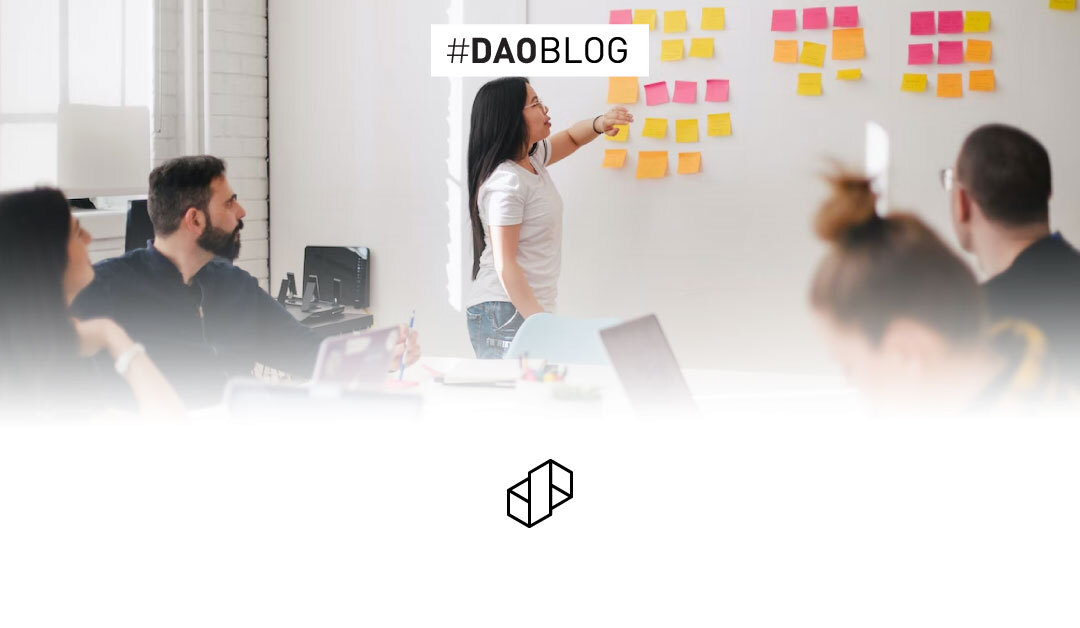
‘Seth’ culture to a DAO: how to improve workplace culture?
We all have been beating the drum about the pandemic’s effect on industries, economies, education, and global warming. A gap still exists in our understanding of its effect on developing countries.
There have been numerous debates on the pandemic’s effects on revenues and supply chains. Still, one thing scarcely discussed is its impact on company culture.
All the different types of entities and organizations have been affected. They probably will be for decades to come, primarily due to the forced retrenchments and layoffs, wage cuts, and consequently widespread dissatisfaction amongst the labour force.
What was company culture like pre-pandemic, and how did it affect company performance?
In a landscape like that of Pakistan, it has been commonly reported and discussed that a ‘Seth’ type company culture is/was quite common. The word ‘seth’ can be translated into a man of high social status, which pretty much sums it up.
People feel these Seth-led companies often comprise a sole proprietorship or a family-owned business and are characterized by one person leading with an iron fist rule, ignoring human capital investment, salary issues and overall an incubation of a near-toxic culture.
Consequently, a bad company culture leads to poor individual performance and, subsequently, unhealthy companies. Poor company culture may be characterized as a company lacking diversity, inclusion, intolerance and unethical conduct.
A toxic corporate culture is by far the strongest predictor of industry-adjusted attrition and is ten times more important than compensation in predicting turnover (MIT Sloan).
A LinkedIn community member shared a LinkedIn post recently with over 100,000 likes, stating, “A company’s culture eats its strategy for breakfast”.
What’s the solution?
It is easier said than done that we address every single toxic culture issue head-on. However, as a starting place, Price Water Cooper (PWC), in its Global Culture Survey 2021, identifies a few significant areas. The report specifies the influence of culture on business success through 3,200 survey participants from 15 countries to reflect on their experiences in the context of the COVID-19 crisis.
The results show that organizational culture has been the hero of their pandemic story for some.
Globally, culture rose up the leadership agenda to 67% in 2021 from 50% in 2013. Companies with distinctive cultures sustained their revenue, employee satisfaction and customer satisfaction during the pandemic, therefore, facilitating decision-making. Post-pandemic, the real question is, what have we learnt from all this?
How can a DAO help?
A Decentralized Autonomous Organization is a form of a governing body whose members share a common goal to act in the entity’s best interest. They primarily adopt a bottom-up management approach and a decentralized decision-making system.
The oncoming of DAOs could lead to a radical transformation that would eventually resolve cultural concerns and impact business restructuring in favour of like-minded people where every member has a vote on what the DAO does.
This distributed and transparent governance system ensures all stakeholders participate directly in the decision-making process, therefore, increasing democratization, decentralization, leadership, decision-making, recognizing productivity, developing trust or collaboration and even providing more job security. DAOs can provide a happier and healthier work environment for all those involved.
DAOs also encourage high employee feedback and give employees more say in changes; businesses can foster more welcoming and sustainable environments for everyone.
As DAOs create more transparency, they also ensure that individual contributions are recognized. This community of self-regulated people with higher stakes results in a happier, more productive, quality-inclined workforce while facilitating a culture of fairness and transparency geared towards large-scale collaboration.
With the world diverging towards increasingly decentralized systems, the DAO model might just be the perfect solution to a long-term problem – the ‘toxic’ workplace.
To read more about Culture, Click here.

Esa Imran
Digital & Communications Specialist

 Book a Meeting
Book a Meeting